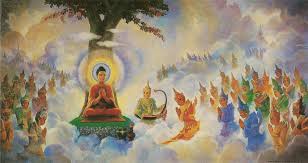Benjamin Y. Fong (Assistant Collegiate Professor, The College, University of Chicago)
“Religion and the Mind: The Co-Delimitation of Concepts in the Eighteenth Century”
Wednesday, March 9th, 4:30 pm
Swift 106
Refreshments served
In The Meaning and End of Religion, Wilfred Cantwell Smith famously argued that the concept of “religion” gained its contemporary meaning in the Enlightenment. In this paper, an expansion of Smith’s basic contention, I will attempt to demonstrate the immense importance of the new theory of a bodily, mortal, and fallible mind that emerged in the eighteenth century to the delimitation of the concept of religion. Couching Smith’s argument in the history of psychology allows us to see more clearly what precisely is involved in the Enlightenment “reification” of religion, and also to better understand the basic features of the category of religion that contemporary religious studies scholars have come to know and lament.
[The paper will be distributed in advance of the event via the Workshop’s listerv]
The Workshop on the Philosophy of Religions is committed to maintaining itself as a fully accessible and inclusive workshop. Please contact Workshop Coordinator Anil Mundra (amundra@uchicago.edu) in order to make any arrangements necessary to facilitate your participation in workshop events.

